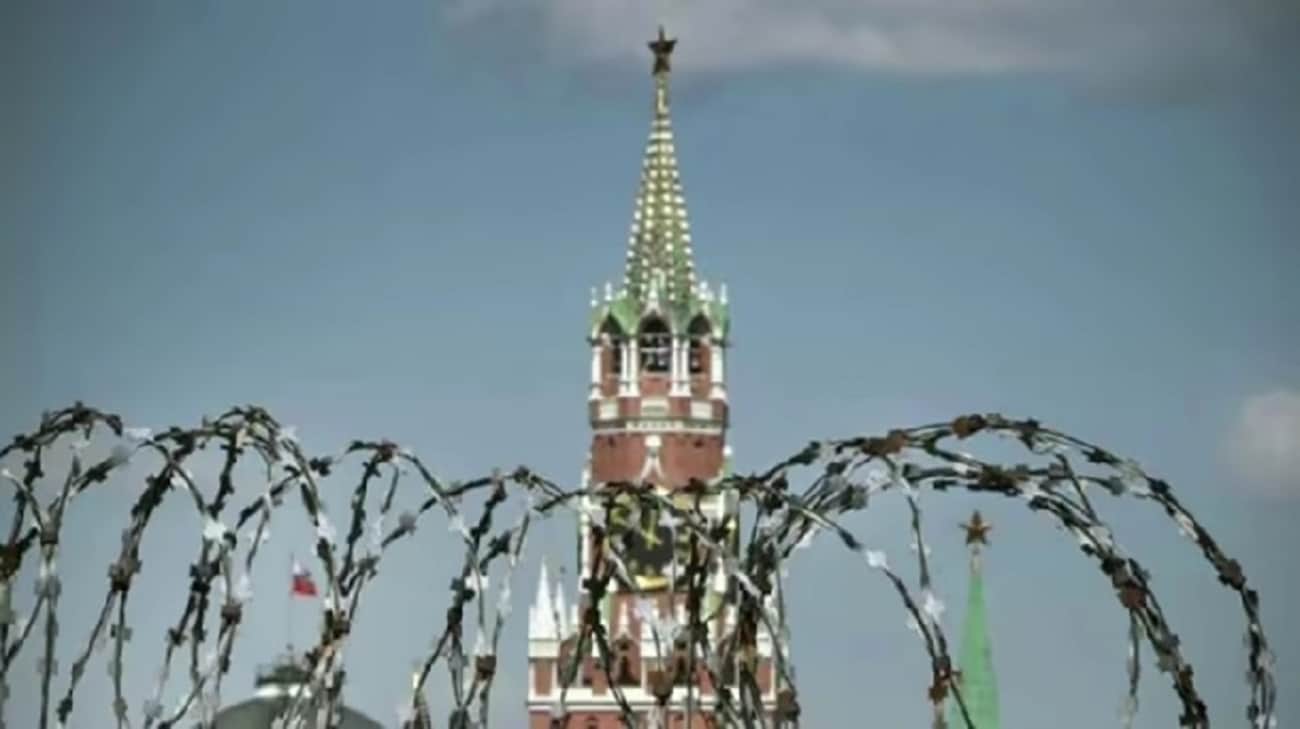“Analysts of the Institute for the Study of War indicate that Russia’s economy is likely to face significant challenges related to the war in Ukraine and Western sanctions. Source: ISW Details: The Kremlin’s economic policies indicate that the Russian economy is likely to face significant challenges in 2025, and that Russian ruler Vladimir Putin is concerned about Russia’s long-term economic stability.”, — write: www.pravda.com.ua
Analysts of the Institute for the Study of War indicate that Russia’s economy is likely to face significant challenges related to the war in Ukraine and Western sanctions.
Source: ISW
Details: Kremlin economic policy indicates that the Russian economy is likely to face significant challenges in 2025, and that Russian ruler Vladimir Putin is concerned about Russia’s long-term economic stability.
The Kremlin has recently enacted a series of measures aimed at reducing government spending on treating wounded Russian servicemen, fighting inflation and addressing long-term demographic problems such as low birth rates and labor shortages.
This policy demonstrates that the Russian economy is not as resistant to Western sanctions, monetary restrictions and military spending as the Russian authorities try to present.
Literally ISW: “This policy also demonstrates that the Kremlin will not be able to sustain a protracted war for years and decades while protecting Russian society from economic challenges.
Consistent Western and international support for Ukraine’s resistance on the battlefield will further exacerbate Russia’s economic problems.”
Details: Putin has reversed the compensation promised to Russian servicemen wounded during the fighting in Ukraine, a clear indication that the Kremlin is trying to reduce the rising short- and long-term costs of the war and rebalance the Russian economy.
On November 13, Putin signed a decree that limited lump-sum payments of three million rubles to servicemen seriously injured in combat, offering only one million rubles for lightly wounded servicemen and 100,000 rubles for servicemen who suffered minor battlefield injuries.
The decree caused significant backlash from Russia’s ultra-nationalist blogging community, and on November 14 Putin tried to appease the community by increasing one-off payments to four million rubles, but still only for Russian servicemen who were seriously injured on the battlefield, leading to disability
Literally ISW: “Financial incentives have been a key element of the Russian military’s conscription and retention efforts for the past nearly three years, and the removal of such incentives indicates that the system is becoming economically unsustainable for the Kremlin.”
Details: The Kremlin’s efforts to combat inflation and high interest rates are also reportedly affecting the expansion of Russia’s defense industrial base (DFB) and prospects for economic mobilization.
Under such a monetary policy, the Russian defense industry is unlikely to be able to reach the level of production necessary to replace the losses of Russian weapons.
ISW Key Findings for 14 November:
- Recent Kremlin economic policies indicate that the Russian economy is likely to face significant challenges in 2025, and that Putin is concerned about Russia’s long-term economic stability.
- Putin has changed the amount of compensation promised to Russian servicemen wounded during the fighting in Ukraine, a clear indication that the Kremlin is trying to reduce the rising short- and long-term costs of the war and rebalance the Russian economy.
- According to reports, the Kremlin’s efforts to fight inflation and high interest rates also affect the expansion of Russia’s defense and industrial base and prospects for economic mobilization.
- Under such a monetary policy, the Russian defense industry is unlikely to be able to reach the level of production necessary to replace the losses of Russian weapons.
- The Kremlin is also pursuing policies aimed at supporting the country’s population in the long term, indicating growing concern about a worsening demographic situation and labor shortages that could threaten the stable functioning of Russia’s OPB.
- Russian troops recently advanced into Kupyansk in what is believed to be a company-wide mechanized assault, although ISW does not believe Russian forces are in control of the area.
- A recent survey conducted by Russian government agencies suggests that most Russians believe that the war in Ukraine does not affect them, confirming reports of growing concern among Russian officials and elites that many citizens remain indifferent to the war.
- Kremlin spokesman Dmytro Peskov said on November 14 that Putin was personally dealing with matters concerning Ukraine and that he did not need special envoys, likely in response to reports that US President-elect Donald Trump would “soon” appoint a “Ukrainian peace envoy for conducting negotiations on ending the war”.
- Russian troops advanced on the main Ukrainian section of the front in the Kursk region, to the west of the main Ukrainian section of the front in the Kursk region in the Glushkovsky district, in the direction of Chasovoy Yar, as well as in the border zone of the Donetsk and Zaporizhia regions.
- Russian sources suggest that North Korea may have provided Russia with North Korean-made M1989 Koksan 170 mm self-propelled artillery units. Russian bloggers have published photos showing a train allegedly carrying North Korean M1989 Koksan 170mm self-propelled artillery systems in Krasnoyarsk.
